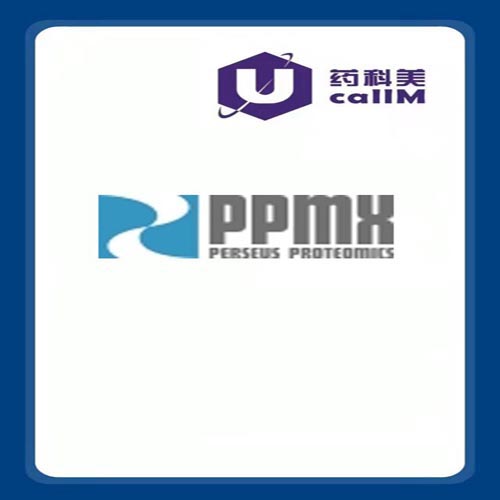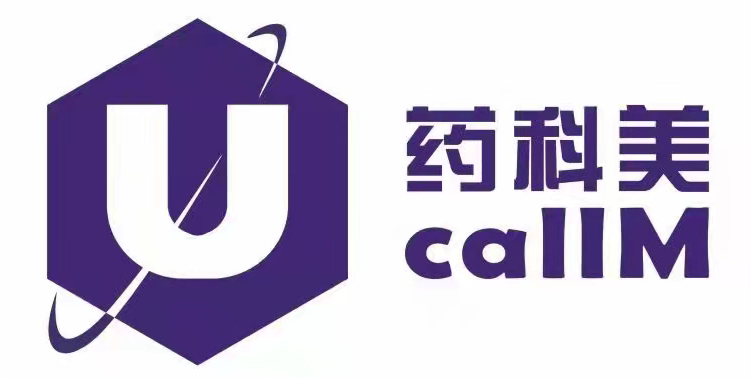perseus proteomics 产品代理

perseus proteomics 产品代理
Drug discovery
Antibody research support
Antibody and reagent sales
Our company was established based on the technologies of protein expression and antibody generation, which were developed by the Laboratories for Systems Biology and Medicine (LSBM) of the Research Center for Advanced Science and Technology at the University of Tokyo, aiming at the medical application of antibodies against the diagnostic and therapeutic targets identified through transcriptome analysis. Since inception, we have been engaging in the discovery of “seeds” of antibody drugs against cancer and other diseases and related activities for research and development. We efficiently obtained high-affinity antibodies by combining the animal immunization method with the expression technology provided by LSBM for the expression of membrane proteins, which has been difficult to achieve. We also have phage antibody libraries with the world’s largest diversity and a patented screening technology, which can be applied to drug target discovery in diseased cells and simultaneous identification of highly functional antibodies with characteristics different from those obtained by the conventional animal immunization method. A distinctive feature of our technology is to combine these two antibody technologies and the “seeds” discovery technology to obtain “seeds” of antibody drugs to meet medical needs. In addition, as a venture company originated from the University of Tokyo, we have the mission of further broadening the network for the latest drug discovery through collaboration with many academic institutions.
In recent years, antibody drugs have attracted attention as breakthrough therapeutic agents with fewer side effects and have become the mainstream anticancer drugs by outperforming small-molecule drugs. Among the 10 best-selling drugs in the world in 2017, there were five anticancer drugs, and four of them were antibody drugs. However, cancer cells are resistant to treatment owing to extremely sophisticated mechanisms; even with using antibody drugs, we have not been able to achieve complete treatment. Although the recent advent of immune checkpoint-inhibiting antibodies and antibody-drug conjugate has shown a new direction in the development of antibody drugs, they remain unsatisfactory in terms of response rates and adverse effects, and the development of new antibody drugs is still desired. Among the 10 best-selling drugs, including those for non-cancer diseases, six are antibody drugs, showing that the importance of antibody drugs continues to increase (Source: Nikkei Biotech). Under these circumstances, we use our proprietary technology to develop highly functional antibodies and use them as therapeutics; we are also conducting research and development to enhance their potency of attacking cancer cells by chemically conjugating radio isotope or toxins to those therapeutic antibodies.


